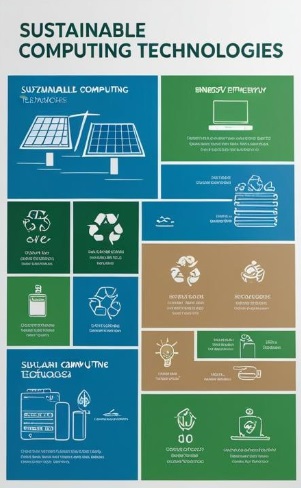About Journal

Sustainable Computing Technologies (SCT) is an international, peer-reviewed, open-access journal focused on the advancement and application of sustainable, energy-efficient, and environmentally responsible computing solutions. The journal serves as a platform for the dissemination of cutting-edge research, innovative methodologies, and real-world implementations that contribute to sustainable development through computing and digital technologies.
It welcomes original research articles, comprehensive reviews, case studies, technical notes, and short communications that explore the design, optimization, deployment, and evaluation of sustainable computing systems, architectures, and software across diverse domains.
The journal is intended for academic researchers, system architects, software developers, environmental technologists, industry professionals, and policy-makers who are committed to advancing green ICT, sustainable software engineering, low-power computing, and resource-efficient digital solutions.
ISBN: 7386-383X | Publication Frequency : Bi-Monthly
Potential Social Impact
Sustainable Computing Technologies (SCT) holds immense potential to drive positive social change by advancing environmentally conscious, energy-efficient, and resource-optimized computing solutions. By promoting open-access research on sustainable computing practices and green technologies, the journal facilitates the global dissemination of innovative strategies that address the pressing challenges of climate change, digital inclusion, and responsible technological growth. SCT serves as a vital knowledge hub for sectors such as smart energy, sustainable data centers, green IoT, digital agriculture, and low-power computing, particularly benefiting underserved and developing regions through accessible, scalable solutions.
With its strong focus on real-world applications, the journal empowers researchers, policymakers, and technologists to collaboratively design systems that minimize environmental impact while maximizing societal benefit. SCT also fosters interdisciplinary collaboration and ethical awareness, ensuring that advancements in computing align with broader sustainability goals and global development initiatives. Ultimately, SCT supports the transition toward a greener, more equitable, and resilient digital future.View Articles
